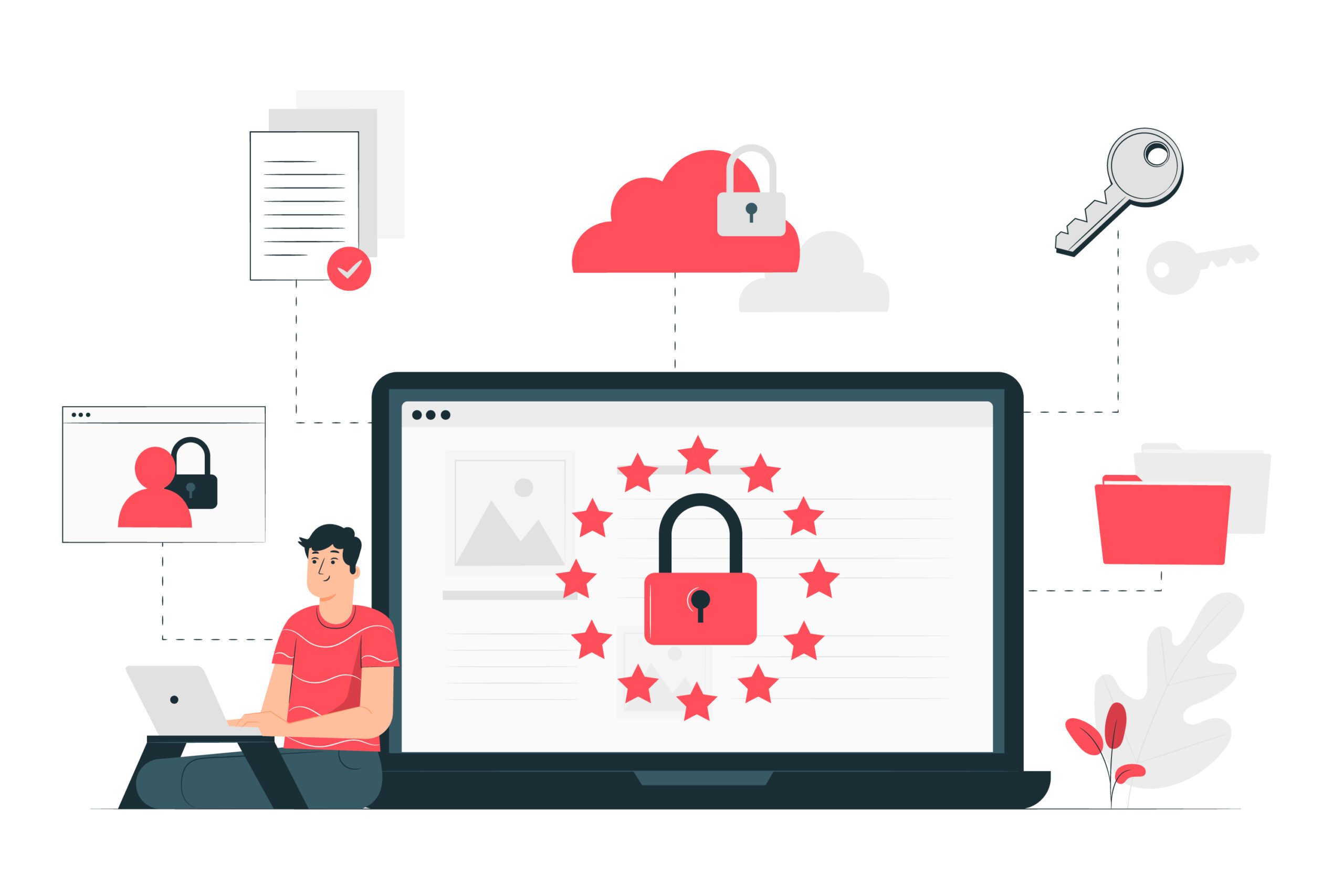As data privacy regulations tighten globally, B2B marketers must rethink strategies to maintain compliance and effectiveness.
The digital marketing landscape is undergoing a seismic shift. With the enforcement of stringent data privacy laws like the General Data Protection Regulation (GDPR) in the European Union and the California Consumer Privacy Act (CCPA) in the United States, businesses are compelled to reevaluate their data collection and usage practices. The recent ruling by the European Court of Justice, limiting Meta Platforms’ use of personal data for targeted advertising, underscores the increasing regulatory focus on user privacy
Compounding these regulatory changes is the technological evolution led by major players like Google. The company’s initiative to phase out third-party cookies in its Chrome browser—a move mirrored by other browsers—signals a move towards a privacy-centric web environment. Google’s introduction of the Privacy Sandbox, including proposals like the Topics API, aims to balance user privacy with the needs of advertisers.
For B2B marketers, these developments present both challenges and opportunities. The traditional reliance on third-party cookies for tracking and personalization is becoming obsolete. In response, businesses are shifting towards first-party data strategies, emphasizing direct relationships with clients and prospects. This approach not only ensures compliance with evolving regulations but also fosters trust and transparency.
Adapting to this new paradigm requires a multifaceted strategy. Implementing robust consent management platforms is essential to obtain explicit user permissions, aligning with legal requirements and enhancing customer confidence. Additionally, exploring alternative targeting methods, such as contextual advertising, allows for effective audience engagement without infringing on privacy norms.
The transition to privacy-first marketing is not without hurdles. Marketers must navigate potential reductions in data availability and the need for investment in new technologies and skill sets. However, by embracing these changes proactively, B2B businesses can position themselves advantageously. Prioritizing user privacy not only ensures compliance but also differentiates companies in a market increasingly concerned with data ethics.
In conclusion, the evolving landscape of data privacy necessitates a strategic overhaul for B2B marketers. By focusing on first-party data, obtaining explicit consent, and adopting innovative targeting methods, businesses can continue to deliver personalized experiences while respecting user privacy. This balanced approach will be crucial in maintaining competitive advantage and building lasting client relationships in the years to come.













